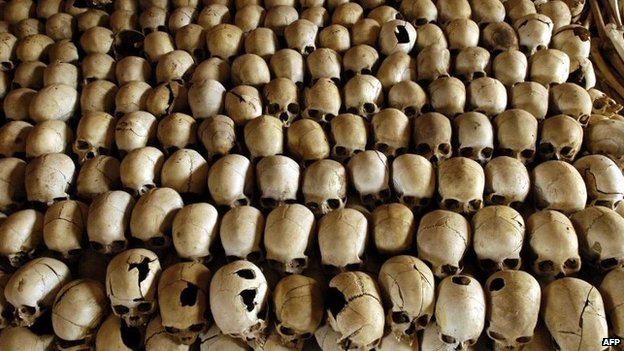By Ben Kopp
Impunity Watch Reporter, Europe
MADRID, Spain – Faced with political and economic pressure from China, Spanish legislatures continued support changes to Spanish universal jurisdiction law. Human rights groups chastised the move as a step backward in international law.
Almost two decades ago, Spain enacted legislation to support universal jurisdiction. The doctrine allowed Spanish judges to reach beyond their borders to investigate serious human rights abuses. In 1998, Spain made headlines by using the doctrine to arrest Chilean Dictator Augusto Pinochet in London.
When faced with pressure from the US regarding cases relating to Guantanamo Bay prisoners around 2009, Spain limited universal jurisdiction to cases that had a relevant connection to Spain, as long as no other national court would take the case.
In January 2014, the People’s Party (PP) tabled legislation that would curb the use of universal jurisdiction. The new law would essentially erase Spanish universal jurisdiction, applying the doctrine only for defendants who were Spanish citizens or residents, and only victims and public prosecutors could bring a case.
On 11 February 2014, Spanish Members of Parliament voted to continue support for a bill that limits the Spanish judicial power to try extra-territorial criminal cases. According to human rights organizations, the move would end Spain’s role as a leader in enforcing international justice.
PP Spokesman Alfonso Alonso defended the change, calling universal jurisdiction “inefficient” and something that “promises a lot but leads to nothing more than diplomatic conflicts.”
The vote came after a Spanish court ordered Interpol to issue arrest warrants for Chinese officials, including former President Jiang Zemin, for decades-old human rights abuses. While Spain sought to deepen trade relations with China to boost the European country’s economy, the court order caused China to issue a sharp rebuke.
“China is strongly dissatisfied and firmly opposed to the erroneous acts taken by the Spanish agencies in disregard of China’s position,” said a foreign ministry spokeswoman, Hua Chunying. “But I believe this incident concerns the sound development of bilateral relations, so we hope that the Spanish government can properly deal with this matter and tell right from wrong.”
“This reform makes it even harder to probe into severe human rights abuses,” said Ignacio Jovtis, of Amnesty International Spain. AIS is among nearly two dozen human rights groups urging the government to abandon the change. “It’s a step backwards for human rights and justice.”
Reed Brody, of Human Rights Watch, expressed concerns over the double standards in international justice. “It’s OK to use international justice for El Salvador, Chile and Chad, but when it comes to US or China or Russia, there’s no justice. That really threatens to undermine the entire architecture of international justice.”
To ensure accountability for atrocities committed in the world, the world must deeply consider whether those with great power should run in the face of great responsibility.
For further information, please see:
Euronews – Spain Bows to Chinese Pressure and Backs Law to Curb Pioneering Judges – February 12, 2014
Guardian – Spain Moves to Curb Legal Convention Allowing Trials of Foreign Rights Abuses – February 11, 2014
Reuters – China Bristling, Spain Seeks to Limit Its Judges’ International Rights Powers – February 11, 2014
CNN International – Spanish Judge Issues Arrest Warrants for China’s Former President, Prime Minister – February 10, 2014



